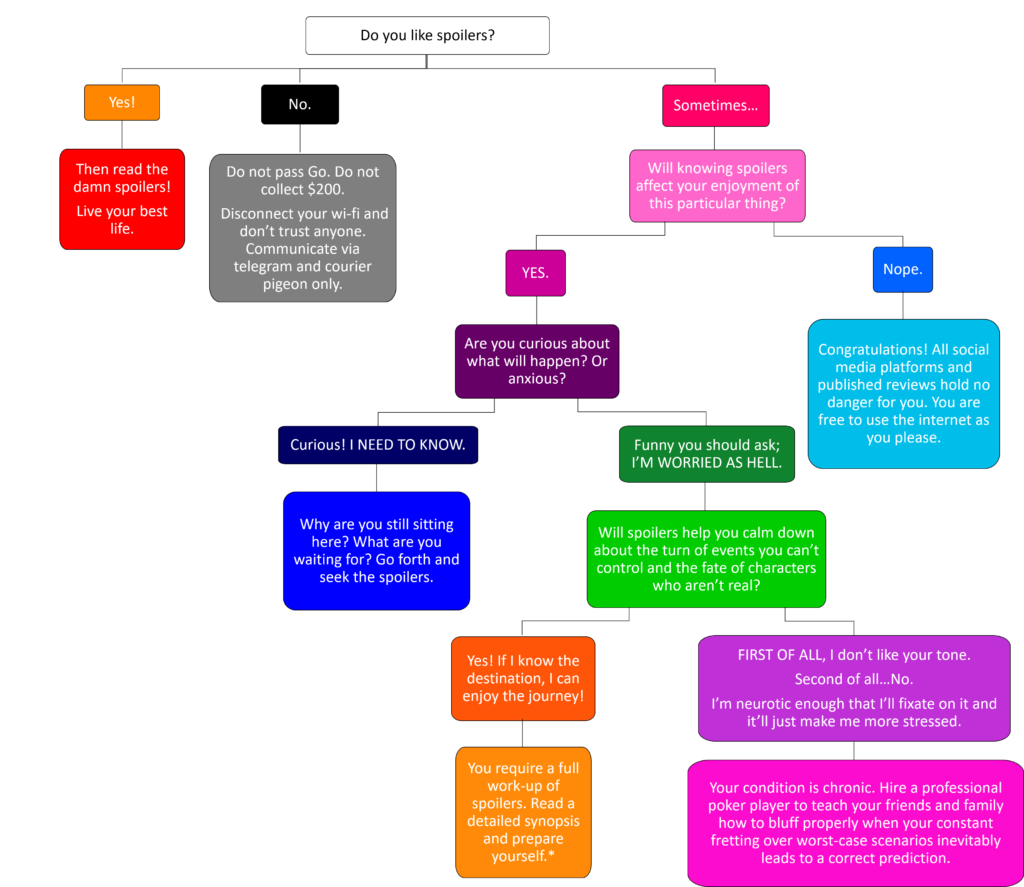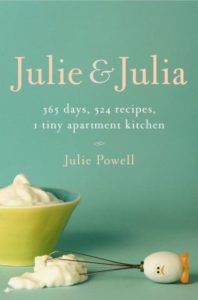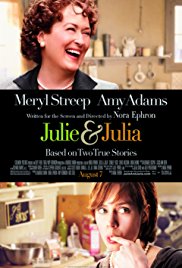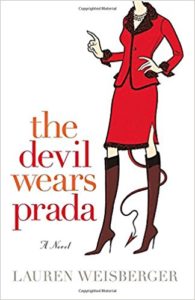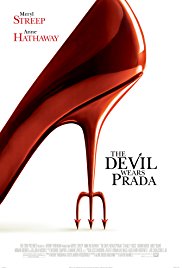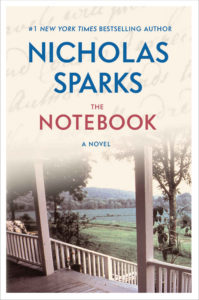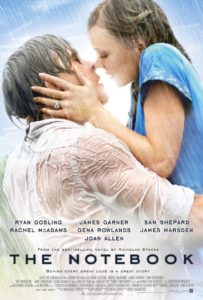A few weeks back, Jess covered the page-to-screen adaptations that don’t get enough credit—the ones that measure up to the source material and the ones that exceed it—but there’s another kind of adaptation that doesn’t receive much fanfare: movie novelizations.
I myself had never even read one until this winter, when I picked up my copy of Rogue One: A Star Wars Story by Alexander Freed, in honor of the movie’s one-year anniversary.
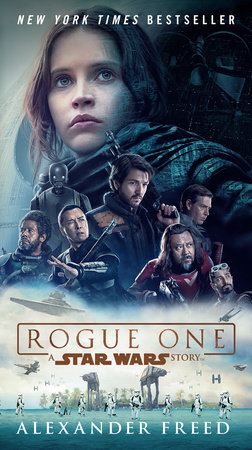 I’ve been a lifelong Star Wars fan, raised by parents who saw A New Hope in theaters half a dozen times, but I’d never dived into the wealth of Star Wars material that existed alongside the original three—then six, now eight—episodic films.
I’ve been a lifelong Star Wars fan, raised by parents who saw A New Hope in theaters half a dozen times, but I’d never dived into the wealth of Star Wars material that existed alongside the original three—then six, now eight—episodic films.
Until now.
Who’s to say why we become obsessed with the things we do? How to explain why certain things take hold of us and others don’t, why the attachment runs so deep? Maybe there is no explanation. Maybe it’s just a feeling. Maybe the wand chooses the wizard. Maybe you’re born with it; maybe it’s Maybelline.
Any way you slice it, my Rogue One obsession? Very real.
So I did what any sane (if you can be considered sane while more than mildly obsessed) person would do: I went looking for more content. Official Spotify playlists, fanart (gasp!), fanfiction (double gasp!), and last but not least, its novel companion.
Reading the book version of the movie was, in many ways, exactly what I expected. I knew the entire plot, after all, when I started reading: the characters, the worlds, the circumstances, the consequences. I also knew there would be differences—scenes described in greater detail than I saw on screen; new ones added to give the reader more background, more context.
But the best part—and what I didn’t see coming, although I should have, because too often it’s exactly what gets sacrificed first when adapting in the opposite direction—was the depth of the characterization, caring and empathetic portrayals of each of the characters that matched the movie but improved upon it. Strengthened it. Their pasts, their emotions, their interactions and relationships with each other all richer and more meaningful. And because of that, the stakes even higher.
Rogue One—maybe more than any other Star Wars movie; don’t hate me—is a true ensemble film, so maybe it was particularly well suited for novelization, for following the different points of view of characters I already loved and loved even more by the time I finished reading.
I can’t speak to all movie novelizations, obviously, having read just the one, but this one might have been enough to convince me to try others. The interest has to be there, of course; I don’t think I’ll ever feel inclined to read hundreds of pages of a story I only feel lukewarm about. But the next time the credits roll and you find yourself wanting more, my advice? Look to the shelves.

